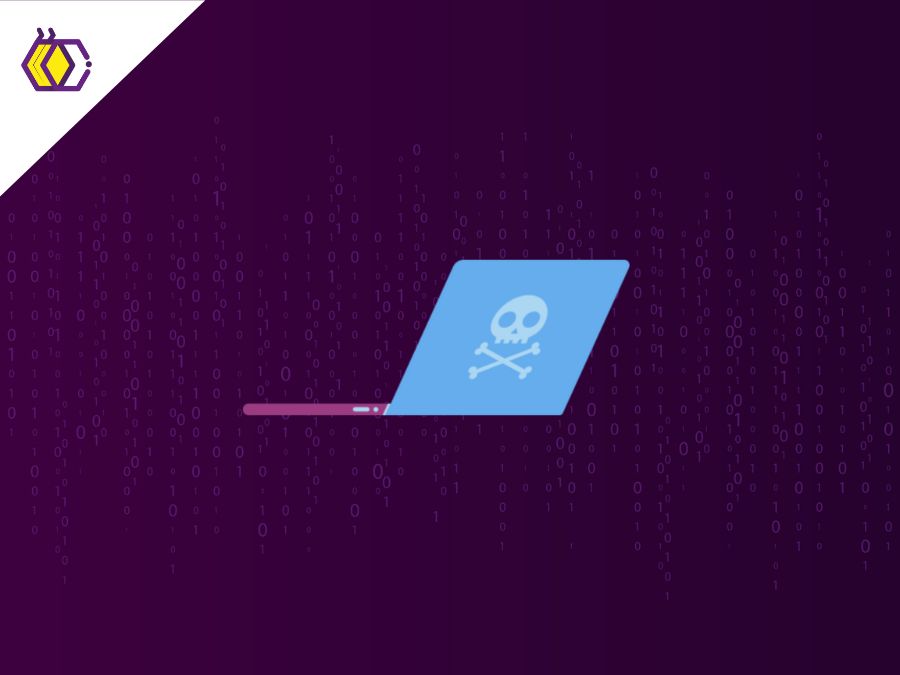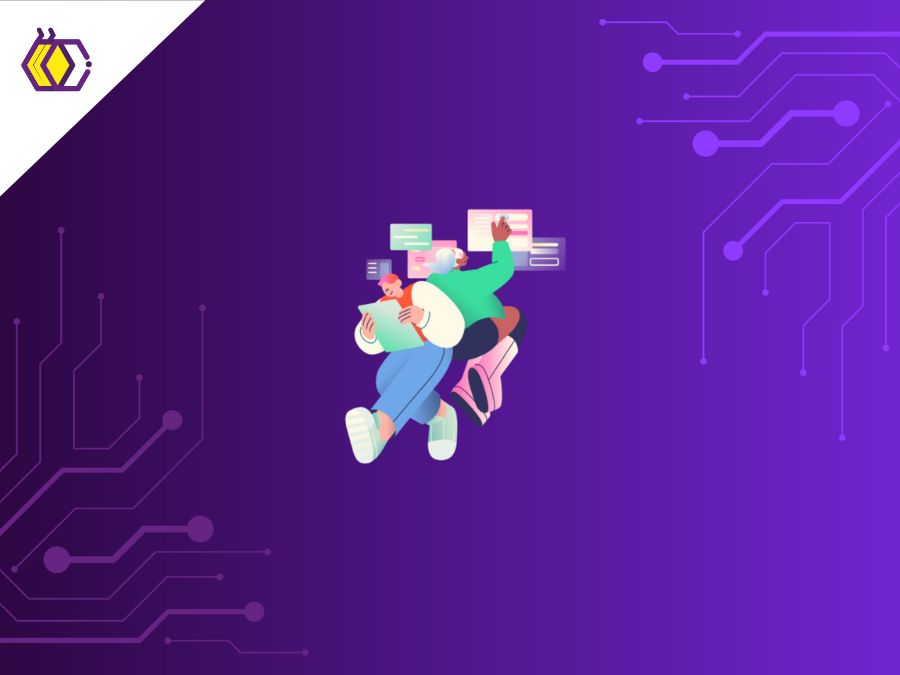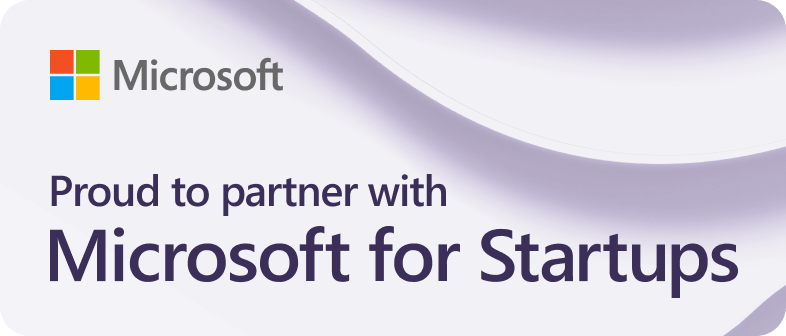
The Polyglot Developer
(8 minutes of reading time) Polyglot, according to the dictionary, means a person who knows or speaks many languages. This term is generally applied to people who speak more than three languages. In the case of a developer, it can be applied to the developer able to build software using many programming languages. Why should a good programmer know several programming languages? Each programming language requires different lines of thinking, which helps “polyglot” programmers to develop their skills faster and better than “monoglot” programmers. They also expand the ability of programmers to work in different sectors and/or projects, which increase their chances of finding employment opportunities. Being a polyglot in programming languages means that the professional has a larger portfolio and is even more valuable in the market, increasing his/her opportunities and allowing the programmer to have a broader range of technology solutions for his employer and/or his clients. In today's article, we'll talk a little more about some of the main languages that should be studied to enhance the programmer's portfolio. Check it out below! THE MAIN PROGRAMMING LANGUAGES Many programmers are familiar with the programming languages they use. But what if you didn't know any? Which language would you learn first? Here are the main languages today:

Python is one of the most popular programming languages in the world. It is a very high-level general-purpose interpreted language with strong, dynamic typing and binding, with support for structured programming. This language is perfect both for simple and complex problems. It offers features like easy-to-understand syntax, good readability and dynamism that not only make it an excellent choice for programmers but also for developers in industries like finance or game development. It was considered by the developers community the 3rd "most loved" language according to a survey conducted by the Stack Overflow website in 2018 and among the 5 most popular languages, according to a survey conducted by the RedMonk.

Java is one of the most popular programming languages. It is an object-oriented language developed in the 1990s by a team of programmers led by James Gosling, at Sun Microsystems. In 2009 Java became property of Oracle Corporation due to its acquisition of Sun Microsystems Unlike modern programming languages, which are compiled to native machine code, Java is compiled to a bytecode that is interpreted by a virtual machine (Java Virtual Machine, better known by its abbreviation JVM). It can be used for general programs, computer games, cell phones, calculators, cable TV decoders or even your car’s multimedia radio. It is perhaps the programming language with the greatest portability given its concept of platform independence: "write once, run anywhere".

It is a general-purpose language that supports multiple platforms and is normally used for middle-tier software development, embedded system development, and general application development. C++ is also one of the most complex programming languages to learn, as it offers several features that are not always intuitive for beginners. It is a multi-paradigm compiled programming language (its support includes imperative, object-oriented, and generic) and general-purpose language. In addition to being one of the most popular commercial languages, it is also widely used in universities and for competitive programming, given its excellent performance.

JavaScript is a structured, high-level scripting interpreted language with weak dynamic typing and multi-paradigm (prototyping, object-oriented, imperative and functional). Along with HTML and CSS, JavaScript is one of the top three technologies on the World Wide Web. JavaScript enables interactive web pages and is therefore an essential part of web applications. Most websites do, and all major browsers have a dedicated JavaScript engine to run it. JavaScript's popularity stems from its ability to be easily modified for browser compatibility and its flexibility as a language. One of the reasons JavaScript is so flexible is because it's prototype-based, which means JavaScript can have multiple implementations of objects and functions, depending on the needs of the environment.

PHP is a free interpreted language, originally used only for the development of applications that are present and active on the server side, capable of generating dynamic content on the World Wide Web. It figures among the first languages possible to be inserted in HTML documents, in many cases, not requiring the use of external files for any data processing. PHP allows programmers to create different types of websites. It also has a wide range of features that allow developers to do just about anything, from SEO to database management, website hosting and management, web development, web design and 3D graphics. With its evolvement, PHP has received many useful new features that makes it easier for developers to create complex websites and applications with relative easiness. It also allows developers to create dynamic websites that can be edited quickly without reloading pages or refreshing browser windows. For all its features, its main purpose is to manage web development, but it can also be used for many other purposes. Nowadays, PHP isn't just limited to websites; it is also used in systems like CMS (content management systems) and search engines like Google Search Appliance (GSA).

Go is a language created by Google and released as open source in November 2009. It is a compiled language focused on productivity and concurrent programming. Go's syntax is like C language and its declarations are based on clean Pascal. Go has high readability and allows concurrency. It was designed to excel in large-scale application and system programming. Go allows the creation of software that is fast, reliable, and secure, and it's an excellent choice for enterprise systems where you need to develop a large volume of software with quality and speed. TO KNOW SEVERAL PROGRAMMING LANGUAGES ENHANCES THE DEVELOPERS’ ABILITIES A programmer must be familiar with various programming languages to better understand how the languages really work. This makes them more valuable and more desirable by companies looking to hire developers. The growing interest of programmers in using more than one programming language is attributed to the low barrier to entry. A programmer can learn a new language by going through a few tutorials and then start developing in that language in a few days. Thus, the ability to use different programming languages is becoming mandatory for programmers wanting to evolve professionally. To stay on top of news and more information about the world of software development and programming languages, don't miss our blog content and follow us on social media. References: https://bit.ly/31MEqZp https://bit.ly/3JnfWaC https://bit.ly/33FxXAn https://bit.ly/3Eqc7xw
Share this article on your social networks:
Rate this article:
Other articles you might be interested in reading
- All (185)
- Career (38)
- Competitions (6)
- Design (7)
- Development (112)
- Diversity and Inclusion (3)
- Events (3)
- History (15)
- Industries (6)
- Innovation (38)
- Leadership (8)
- Projects (23)
- Well being (18)

Cloud Computing and Digital Transformation and Social Impact
(5 minutes of reading)
In recent years, we have witnessed a quiet revolution that is fundamentally reshaping the way we live and work. At the center of this transformation is cloud computing, a technological innovation that transcends physical limits and opens up new horizons of possibilities. This text will talk about this subject that is transforming the IT area. Come read!...

Tech in Education
(9 minutes of reading)
In the contemporary educational landscape, technology plays an increasingly crucial role, revolutionizing not only the way students learn, but also how educators teach. As we adapt to a digitally connected world, new trends are emerging that promise to further transform the way education is designed and delivered. Come read this text to learn about the latest trends in educational technology and explore their impact on student development and the evolution of teaching. Come with us!...

Ethical Software Development
(5 minutes of reading)
Developing software is a complex activity that goes far beyond simple coding. It involves a meticulous process of planning, design, implementation, testing and maintenance to create reliable, efficient, and secure systems. However, in addition to seeking functionality and performance, developers must also carefully consider the ethical aspects of the software they are creating. In this text we will talk about ethics and responsibility when developing software. Come read!...

Balance Between Professional and Personal Growth
(6 minutes of reading)
In a world driven by the constant search for professional success, we often find ourselves immersed in our careers, forgetting the fundamental balance between professional and personal growth. As we dedicate hours to coding, solving problems, and advancing our technical skills, it's essential to remember that our journey as human beings go beyond the lines of code. Come read our text and see super cool tips on how to achieve this balance!...

How to Highlight Programming Competition Awards on your CV
(6 minutes of reading)
In a field as dynamic as software development, it is crucial to stand out from the crowd. An exceptional way to do this is through recognition and awards won in competitive programming competitions. In addition to demonstrating your superior technical skills, these awards attest to your ability to solve complex problems, collaborate as a team, and deliver exceptional results under pressure. Today we will talk about the curriculum and competitions, are you interested? Come with us!...

Open Source and Collaboration
(5 minutes of reading)
If you're ready to start exploring the world of open source, be aware that you will encounter many learning opportunities and challenges. Collaboration is at the heart of this environment, driving innovation and influencing the direction of technology. Come read our text to find out more about this subject!...

 Innovation
Innovation 

